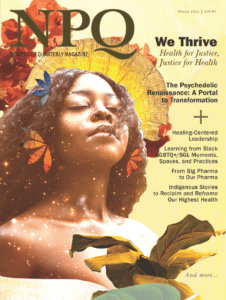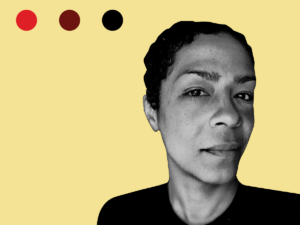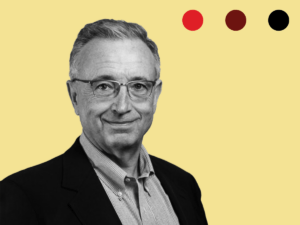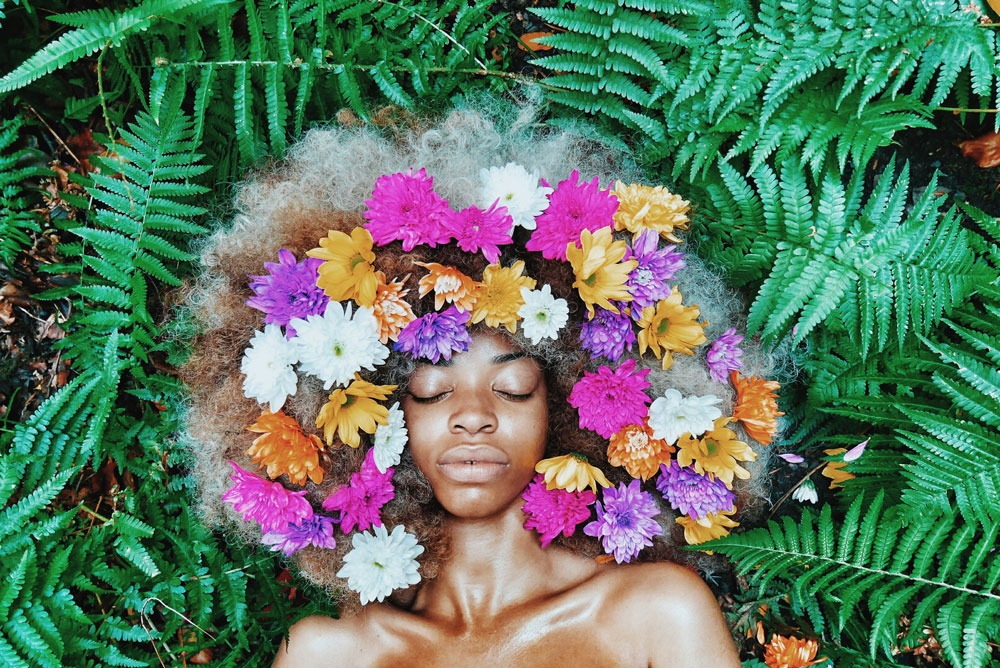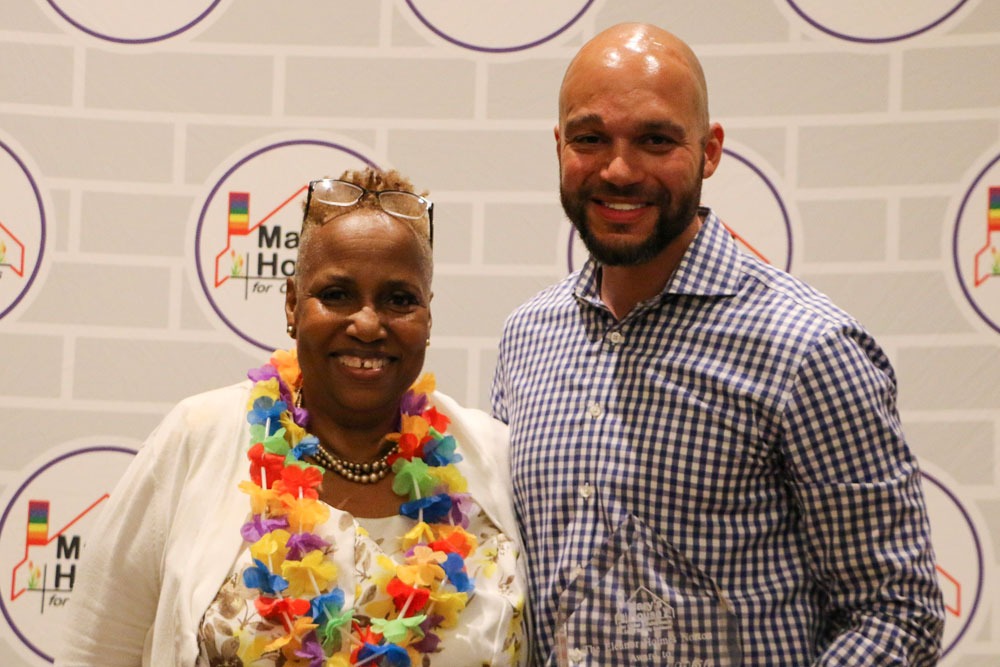
June 28, 2019; CityLab
Dr. Imani Woody is a leading force in her community. She demonstrates the kind of logical, dedicated compassion that drives social movements and nonprofits alike. Her latest effort, the founding of a senior living facility for LGBTQ+ people, is only the latest iteration of her devotion to equality for the LGBTQ+ community.
That facility is Mary’s House, a place “committed to helping our community by developing housing and inclusive environments that comprehensively address affordability and access, and eliminate the constant worry of discrimination or even violence based upon the LGBTQ/SGL status of the individual.” Moreover, “Mary’s House will be a model and set the standard for future housing of its kind, that is, to create a living environment that celebrates and honors the ‘whole person’ as they age, no matter who they are.”
Woody formed Mary’s House after her father died in 2010 and left her the family home in Washington, DC. She saw how difficult it was for her father to receive adequate healthcare as an elderly man and thought, “If this is so hard for my father, a middle-class man, a respected preacher in his community and father of five, what will it be like for people who are out and gay?”
Apparently, it’s not so great. An AARP study published in 2018 claimed that there are 2.7 million people in the US over age 50 who identify as LGBTQ+, and 75 percent of them are “concerned about having enough support from family and friends as they age.” Over half of them are worried about abuse, neglect, or feeling they will need to hide their identities in elder care facilities. LGBTQ+ elders of color are slightly more worried about their quality of care based on all factors, and of course deal with the added fear of discrimination based on race. Even in the best of situations—those who report living in communities that are “very LGBTQ+ friendly”—only about half of respondents said they had access to an LGBTQ+ health center or senior services.
Many people in the LGBTQ+ community already have a poor relationship with the medical community, a result of poor treatment and discrimination faced by people of all ages. But in senior facilities, where residents almost always have greater health needs, the worry increases.
Sign up for our free newsletters
Subscribe to NPQ's newsletters to have our top stories delivered directly to your inbox.
By signing up, you agree to our privacy policy and terms of use, and to receive messages from NPQ and our partners.
Shauna Miller at CityLab explains, “Many older transgender people, for instance, require specialized care that takes their transition choices—medically, surgically or otherwise—into consideration. Older lesbians and trans men may be reluctant to seek gynecological care and regular cancer screenings. And specialization in HIV/AIDS and the elderly is critical since not only is this one of the first generations of people to live into old age with the disease, but HIV infections are on the rise in the overall senior population.”
NPQ has reported frequently on the crisis in elder care: as the population of older adults increases, the workforce needed to care for them is not increasing proportionally, due at least in part to poor wages and treatment. Many facilities have waiting lists already.
Not only that, but according to a 2017 assessment from the Movement Advancement Project and SAGE, 85 percent of retirement homes are religiously affiliated. While non-discrimination laws for services like hospitals and housing prevent gender discrimination, in 29 states, those laws don’t specifically cover gender identity. Thanks in part to efforts by the Trump administration and many Republican state legislatures, 21 states have religious exemption laws that allow discrimination against serving LGBTQ+ people in religiously affiliated organizations—which, again, provide the vast majority of services.
Dr. Woody is aware of all of this. She has been a community organizer for over two decades and is the recipient of the SAGE Advocacy Award for Excellence on Aging Issues, a member of the National LGBT Elder Housing Initiative, and a mayoral appointee to the D.C. LGBTQ Advisory Council, among other things. She told the Washington Business Journal, “No matter where equality doesn’t show up, you go there and fight for it…I’m proud that this is happening, that we’re able to address the social isolation that hits gay elders so hard.”
Her “kitchen cabinet” of friends and advisors helped her put together the idea, and Mary’s House for Older Adults Inc. is already producing research, though Woody is still raising funds for the renovations necessary to open the facility for residents. A 2017 Form 990 shows positive revenue growth, which seems a good sign. The problem facing LGBTQ+ seniors isn’t going away, but it seems some nonprofits are waking up to the increasing need.—Erin Rubin





